Tensions in the Red Sea have brought many negative consequences. Among the problems was the negative impact on the supply corridor in the West. On the other hand, Minister of Transport and Infrastructure Abdulkadir Uraloğlu shared the information that there is a second railway project between Türkiye and Bulgaria and stated that the line will increase the freight transportation capacity between east and west and will contribute significantly to the railway potential of the Central Corridor.
Participating in the Event on Realizing the Trade and Logistics Potential of the Central Corridor organized by the World Bank via videoconference, Minister Uraloğlu emphasized the economic importance of the Central Corridor for the countries of the Middle East as well as Central Asia and Caucasus. "The World Bank study we are discussing today highlights the power of strategic policies, targeted investments and cooperative efforts to triple trade volumes in the Central Corridor and to cut transport times in half by 2030," he stated.
'CENTRAL CORRIDOR IS IMPORTANT FOR LOGISTICS AND TRADE'
Stating that there is no capacity problem in the delivery of the cargo from Baku-Tbilisi-Kars line to Edirne, Uraloğlu emphasized the importance of TCDD Tasimacilik and added that the towing and towing vehicles in Kars are always ready to handle the flow of cargo coming from the east. Underlining the importance of logistics and trade for the central corridor, Minister Uraloğlu recorded the following statements:
"With this approach, we frequently come together with the corridor countries and discuss measures to increase the capacity of the corridor and eliminate bottlenecks within the framework of tripartite mechanisms. The mechanisms we have established with Azerbaijan-Kazakhstan or Azerbaijan-Georgia are examples of this. On the other hand, we come together with these countries under various international organizations. Within the framework of the Organization of Turkish States, TRACECA, the Organization for Economic Cooperation and the United Nations Economic Commission for Europe, we are looking for harmonization methods to facilitate transportation, customs procedures and passage through logistics stops."
'LAND ROAD QUOTAS SHOULD BE LIBERALIZED'
Abdulkadir Uraloğlu expressed that Türkiye is making efforts with its usual strength for the Central Corridor, which serves as a bridge between Asia and Europe, and stated that while the east-west freight potential is much higher than the railway capacity, it is important to liberalize the quotas for the highway, which is complementary to the railway.
'WE ARE TARGETING TO INCREASE THE SHARE OF FREIGHT TRANSPORT BY RAILROAD TO 22 PERCENT BY 2053'
Uraloğlu, Minister of Transportation and Infrastructure, noted that the demand for container freight through Türkiye will increase in 2030, and shared that the railroad sector has been allocated a significant share among the planned investments, and said, "We aim to increase the share of freight transportation by rail to 22 percent by 2053. Therefore, we will ensure the shift of freight from road to rail. We will also provide the additional capacity required for the transportation of cargo in containers in the Middle (Central) Corridor."
'YAVUZ SULTAN SELİM BRIDGE WILL BECOME A RAIL ROAD LINK BETWEEN ASIA AND EUROPE'
Uraloğlu made explanations about the upcoming period for the second railway connection between the Asian and European continents after Marmaray with the Yavuz Sultan Selim Bridge in order to realize the flow of cargoes coming from both Asia and the Middle East smoothly, and said the following words:
"In this scope, we are planning to realize the Gebze-Yavuz Sultan Selim Bridge-Istanbul Airport-Çatalca Railway Project. Additionally, when the Halkalı-Kapıkule High-Speed Railway Project, which is currently under construction, is completed, high-speed train operation will start between Istanbul and the Türkiye-Bulgaria border. Thus, we will contribute to uninterrupted trade between the regions with higher capacity and speed."
'DİVRİĞİ-KARS RAILWAY REHABILITATION PROJECT WILL STRENGTHEN EAST-WEST CONNECTIONS'
Drawing attention to the railway potential that is developing day by day with Bulgaria, Uraloğlu stated that the Divriği-Kars Railway Rehabilitation Project, which is the continuation of the Baku-Tbilisi-Kars Railway, will strengthen the east-west connections and increase capacity by modernizing the existing railway infrastructure and added: "On the other hand, the Central Asian countries, which do not have access to the open seas, diversify their access points to global trade as well as the increase in freight flow among themselves. As a new connection in the east of our country, we will build a new railway to connect the Zengezur Corridor to our national network. This connection will be a complementary line to the Central Corridor together with the Baku-Tbilisi-Kars Railway Line."
A CHANCE FOR ACCESS TO NEW MARKETS
Indicating that there are existing plans for the future not only between east and west but also between north and south, Abdülkadir Uraloğlu said that the Development Road Project, which will connect the Persian Gulf to Europe and Central Asia through Türkiye, has important advantages in the transportation of cargo in the region to Europe and Central Asia:
"This new route, called the development road, includes the construction of about 1,200 kilometers of both double line railway and highway on the Iraqi side. On the Turkish side, we have completed the necessary technical work to connect it to our national railway and road network with approximately 130 kilometers of railway and 300 kilometers of highway. The Development Road has significant potential as a supportive and complementary initiative for diversification of mutual trade between the Middle East countries and the countries of the Central Corridor and access to new markets. As you can see, we are planning and starting to work on the necessary capacity increases according to the expected increase in freight volume. As Türkiye, we attach great importance to regional planning and regulations. Regional cooperation is needed for the effective use of investments in the transportation sector."


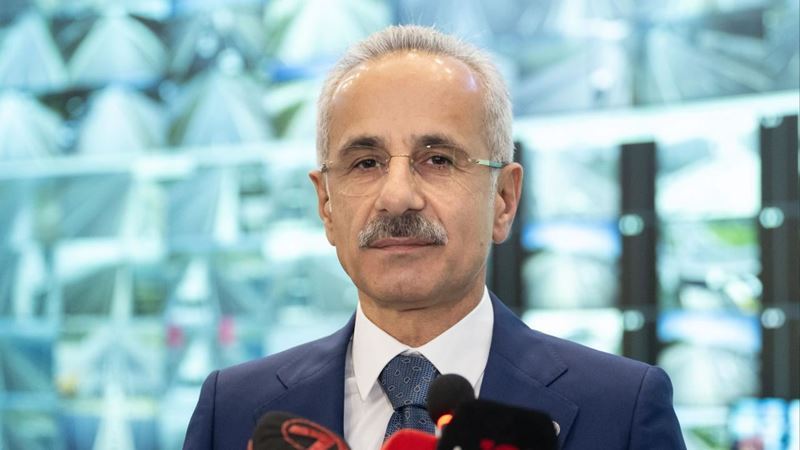

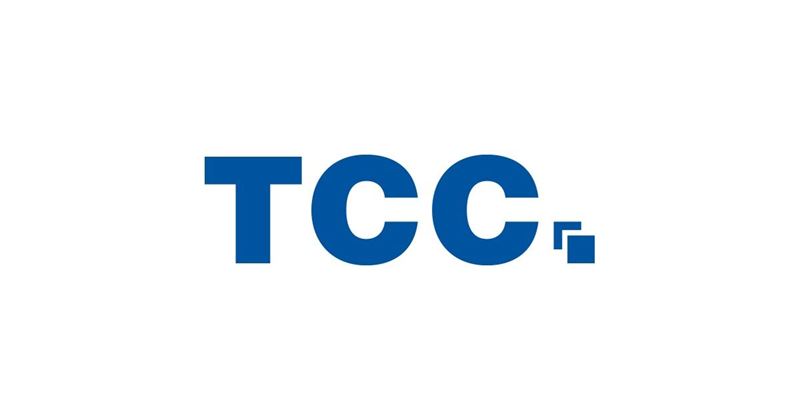
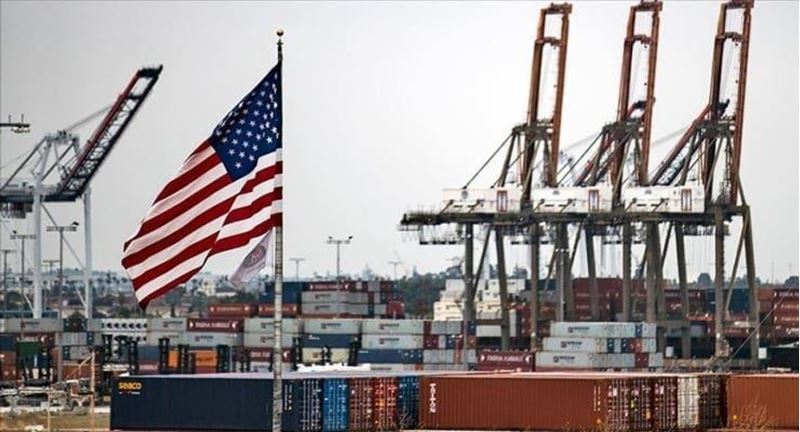
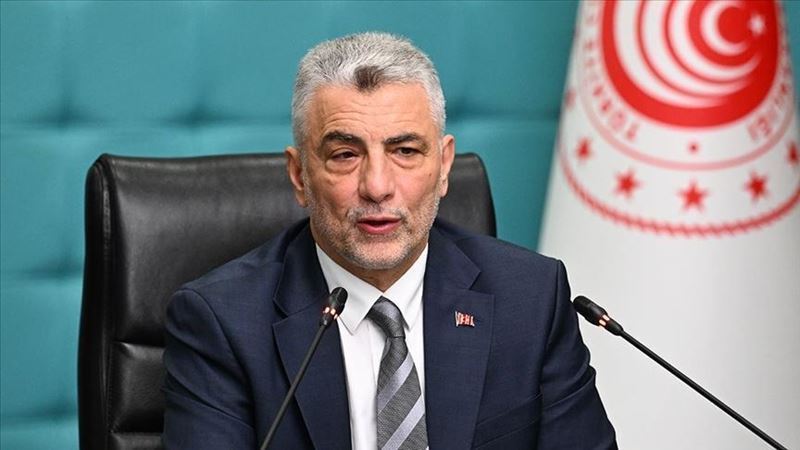
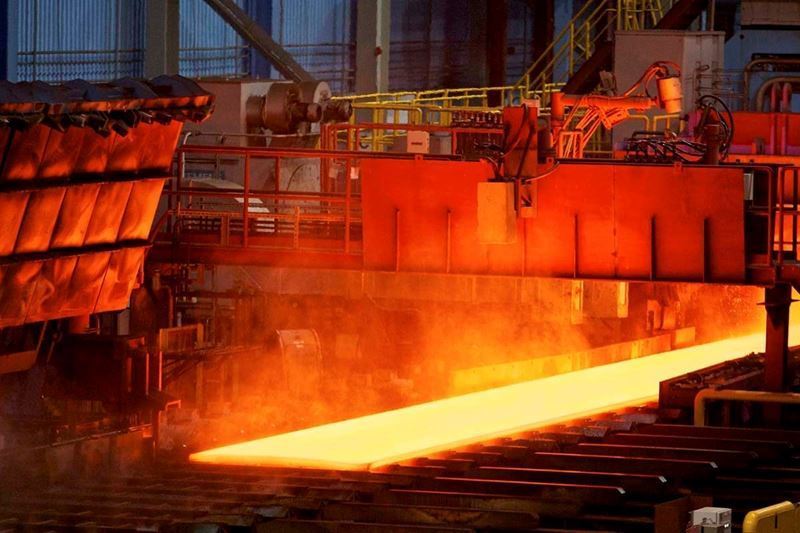
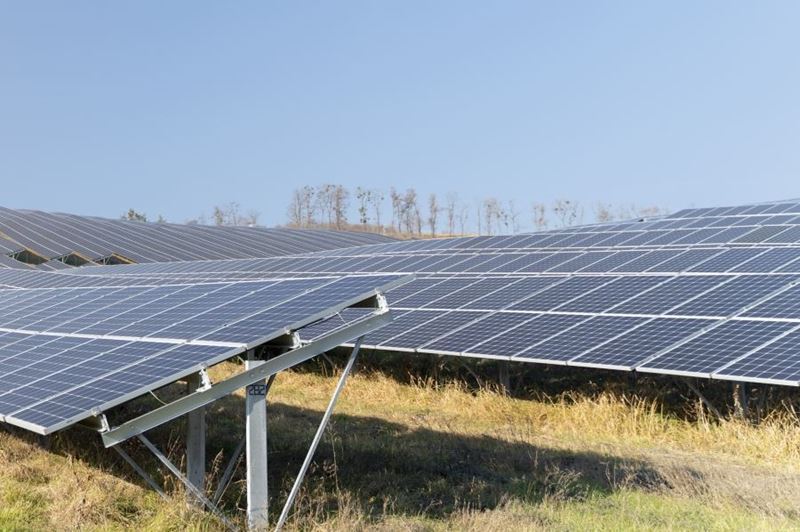


Comments
No comment yet.